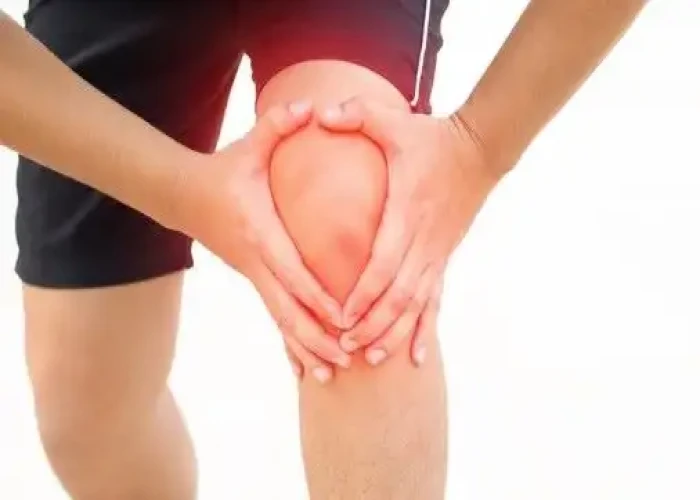 Welcome
Welcome
“May all be happy, may all be healed, may all be at peace and may no one ever suffer."
Swollen knee
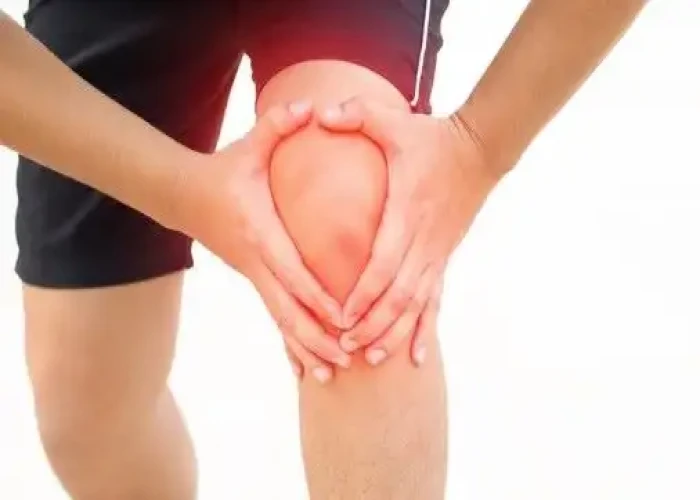
A swollen knee can be caused by a variety of factors, including injury, overuse, arthritis, infection, or an underlying medical condition. It is a common symptom that can range in severity from mild to severe and can be accompanied by other symptoms such as pain, stiffness, and limited range of motion.
Some possible causes of a swollen knee include:
- Injury to the knee, such as a sprain, strain, or ligament tear
- Osteoarthritis is a degenerative joint disease that can cause swelling and stiffness in the knee joint
- Rheumatoid arthritis is an autoimmune disorder that can cause inflammation in the joints
- Bursitis is an inflammation of the small fluid-filled sacs that cushion the knee joint
- Gout, is a type of arthritis caused by a buildup of uric acid crystals in the joint
- Infection of the knee joint or surrounding tissues
Treatment for a swollen knee depends on the underlying cause but may include rest, ice, compression, and elevation of the affected knee. Over-the-counter pain relievers and anti-inflammatory medications may also be used to manage pain and swelling. In some cases, physical therapy or corticosteroid injections may be recommended to help improve knee function and reduce inflammation.
It is important to seek medical attention if the swelling in the knee is severe or accompanied by other symptoms such as fever, redness, or warmth around the joint, as this may indicate a more serious underlying condition.
Research Papers
Disease Signs and Symptoms
- Knee pain
- Swollen knee
- Joint stiffness
- When knee joint contains excess fluid, might not be able to bend or straighten leg completely.
Disease Causes
Swollen knee
Many types of problems, ranging from traumatic injuries to diseases and other conditions, can cause a swollen knee.
Injuries
Damage to any part of your knee can cause excess joint fluid to accumulate. Injuries that can cause fluid buildup in and around the knee joint include:
- Torn ligament, particularly the anterior cruciate ligament (ACL)
- Cartilage (meniscus) tear
- Irritation from overuse
- Broken bones
Diseases and conditions
Underlying diseases and conditions that can produce fluid buildup in and around the knee joint include:
- Osteoarthritis
- Rheumatoid arthritis
- Infection
- Gout
- Pseudogout
- Bursitis
- Cysts
- Tumors
Disease Prevents
Swollen knee
A swollen knee is typically the result of an injury or chronic health condition. To manage your overall health and prevent injuries:
- Strengthen the muscles around your knee. Strong muscles around a joint can help ease pressure on the joint itself.
- Choose low-impact exercise. Certain activities, such as water aerobics and swimming, don't place continuous weight-bearing stress on your knee joints.
- Maintain a healthy weight. Excess weight contributes to the wear-and-tear damage that can lead to a swollen knee.
Disease Treatments
Treatment varies, depending on the cause of the swollen knee, its severity and your medical history. Treatment generally involves pain medication and procedures to remove fluid from the knee joint.
Medications
Your doctor might prescribe oral pain medication, if over-the-counter pain relievers aren't enough. To ease inflammation, your doctor might suggest an oral corticosteroid, such as prednisone. Other types of steroids can be injected directly into your knee joint.
Surgical and other procedures
Treating the underlying cause of a swollen knee might require:
- Arthrocentesis. Removing fluid from the knee can help relieve pressure on the joint. After aspirating joint fluid, your doctor might inject a corticosteroid into the joint to treat inflammation.
- Arthroscopy. A lighted tube (arthroscope) is inserted through a small incision into your knee joint. Tools attached to the arthroscope can remove loose tissue or repair damage in your knee.
- Joint replacement. If bearing weight on your knee joint becomes intolerable, you might need knee replacement surgery.
Your doctor might also recommend physical therapy to improve your knee's function and strength.
Disease Diagnoses
Disease Allopathic Generics
Disease Ayurvedic Generics
Disease Homeopathic Generics
Disease yoga
Swollen knee and Learn More about Diseases

Temporal lobe seizure
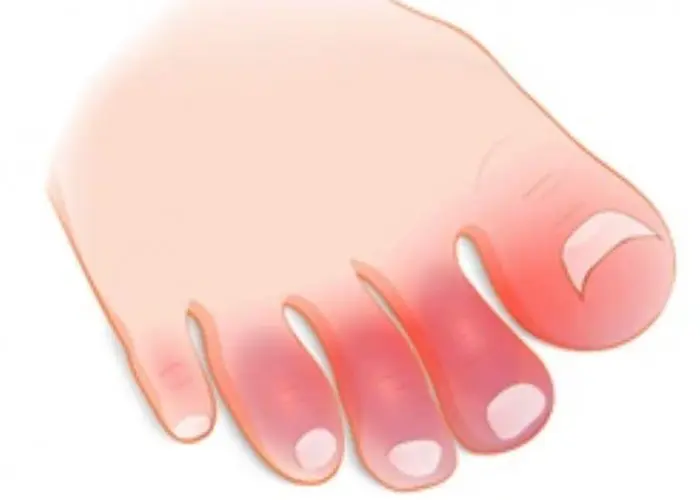
Chilblains

Bad breath

Ampullary cancer
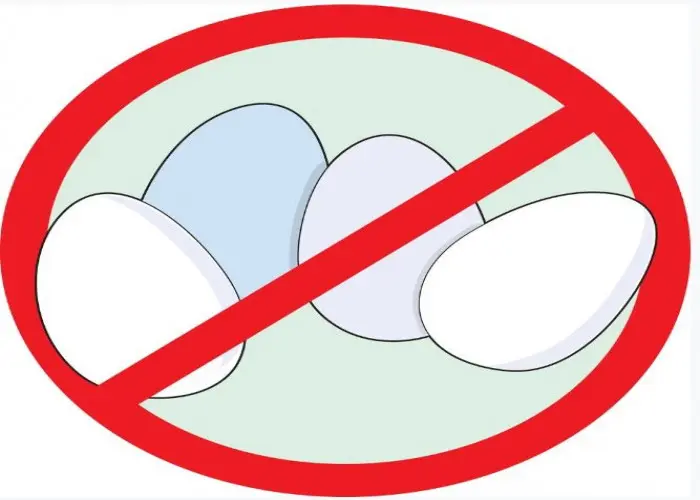
Egg allergy
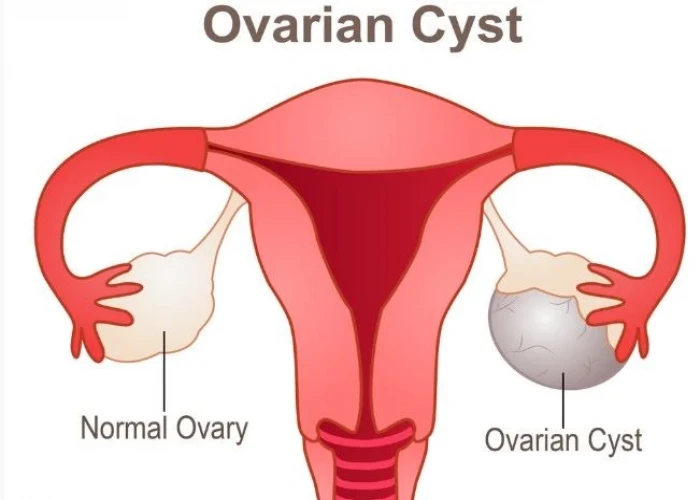
Ovarian cysts
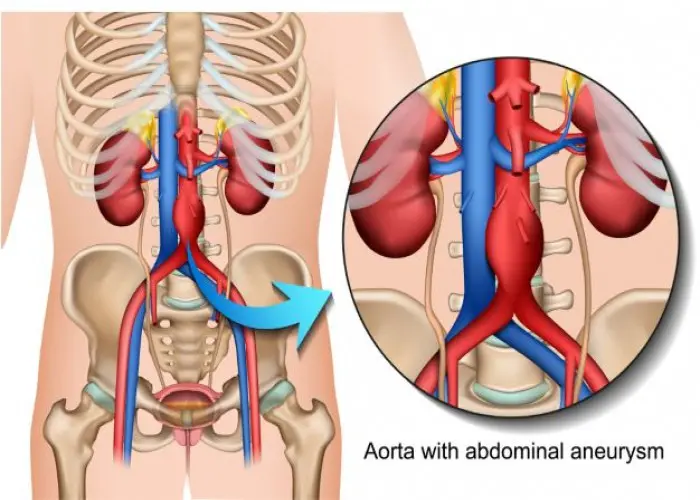
Abdominal aortic aneurysm

Urinary incontinence
swollen knee, হাঁটু ফুলা
To be happy, beautiful, healthy, wealthy, hale and long-lived stay with DM3S.
